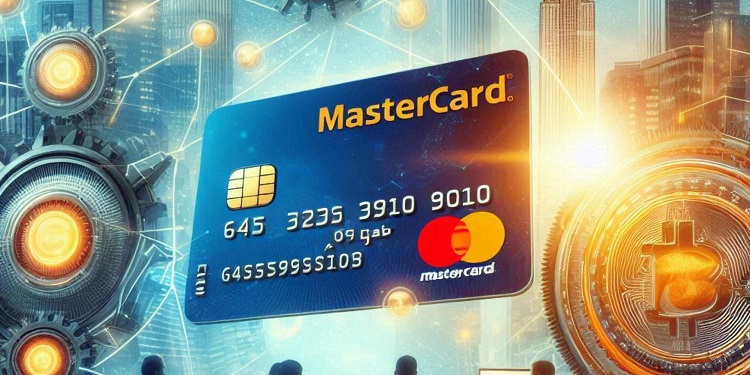Mastercard has announced the next phase of its Start Path Blockchain and Digital Assets program, inducting five innovative firms to explore new payment technologies and real-world applications. This initiative aims to delve into use cases and trials by collaborating with industry experts and fintech startups.
New Additions to the Program
Mastercard’s Start Path Blockchain and Digital Assets program welcomed Kulipa, a crypto payment and card issuer; Parafin, a blockchain software firm; Peaq, a decentralized physical infrastructure network (DePin) firm; Triangle, a data platform; and Venly, a blockchain developer. These firms are set to participate in a four-month program that offers collaboration opportunities, tailored training, and access to Mastercard’s extensive network of customers and channels.
In a recent news release, Mastercard emphasized that this phase of the program would be dedicated to addressing specific issues through practical use cases and trials. The company noted that various currency formats, ranging from regulated money to bank deposits, stablecoins, and central bank digital currencies (CBDCs), serve distinct purposes. By connecting with industry experts and fintech startups, Mastercard aims to explore unique use cases that can solve real-world problems.
Supporting Blockchain and Web3 Startups
The Start Path program, which has been active since 2014, has supported over 400 entrepreneurs in 54 countries. The program focuses on blockchain, digital assets, and Web3 startups with high potential, providing them with collaboration opportunities, customized training, and access to Mastercard’s vast network. Through such initiatives, Mastercard has solidified its position at the forefront of fintech and blockchain payment innovation.
Recently, Mastercard has been involved in several significant partnerships and projects in the blockchain and fintech space. For instance, as reported by Cointelegraph on May 14, Mastercard Labs teamed up with Israeli fintech firm Kima to develop a decentralized finance (DeFi) credit card. Although not explicitly stated, the primary goal of this collaboration is to integrate decentralized financial protocols with the ability to apply for credit lines.
On May 8, Mastercard joined forces with major U.S. banking institutions, including Citigroup, Visa, and JP Morgan, to explore the use of distributed ledger technology for banking settlements through tokenization. This partnership aims to enhance the efficiency and security of financial transactions by leveraging blockchain technology.
In April, Mastercard partnered with 1inch to launch a debit card that bridges cryptocurrency and fiat currencies. This card enables cryptocurrency users to make cash withdrawals and point-of-sale payments at merchants that accept debit cards, providing a seamless bridge between digital and traditional currencies.
Mastercard’s Vision for the Future
Mastercard’s ongoing efforts in the blockchain and fintech sectors underscore its commitment to driving innovation and exploring new financial technologies. By collaborating with a diverse array of startups and industry experts, Mastercard seeks to uncover and develop practical applications for blockchain and digital assets. The addition of the five new firms to the Start Path program highlights Mastercard’s dedication to fostering innovation and addressing real-world challenges through cutting-edge technology.
As the fintech landscape continues to evolve, Mastercard’s initiatives aim to stay ahead of the curve by integrating advanced technologies into its payment solutions. The company’s proactive approach to exploring and implementing blockchain technology positions it as a leader in the fintech industry, paving the way for future advancements in digital payments and financial services.
Through its Start Path Blockchain and Digital Assets program, Mastercard not only supports the growth and development of promising startups but also reinforces its role as a catalyst for innovation in the financial technology sector. By focusing on practical use cases and fostering collaboration, Mastercard aims to create a more inclusive and efficient financial ecosystem for the future.
